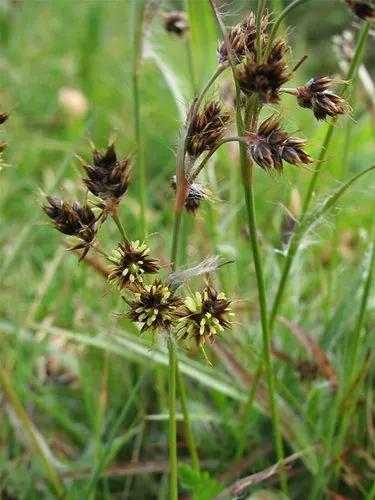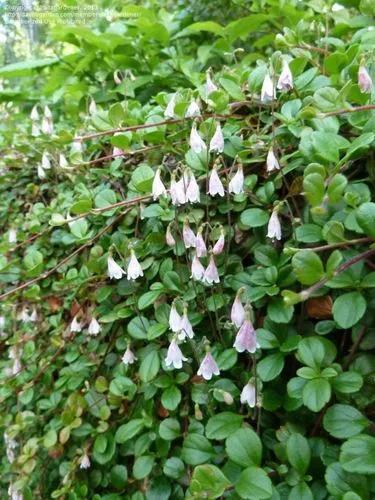The star-shaped blooms of Zephyranthes candida, also called the zephyr flower or rain lily, open to brighten gardens and rockeries after a rain. Often sold as potted plants, rain lilies can be installed in the ground anytime after they fade indoors in Sunset's Climate Zones 4 through 32. Plant rain lilies from bulbs in the early spring, 2 to 3 inches deep and 3 to 4 inches apart. The plant's grasslike foliage reaches 6 inches to 1 foot tall and produces its pink-tinged, white blooms in the late summer to early fall. It is evergreen in the warmer parts of the growing range, where it makes an easy-care ground cover. Once established, rain lilies require little regular care
Zephyranthes Care
Zephyranthes



How to Care for the Plant

Water

For best bloom, water regularly and deeply throughout the growing season, especially from midsummer through fall.

Pruning

Cut flowers back at their base after they fade, unless you want more of these lilies.

Fertilizer

No fertilizer is required, though when they're planted in heavy clay you should spread a 1- to 2-inch layer of finished compost or aged manure around the plants before they emerge in the spring.

Sunlight

The site should also be in full to partial sun, with areas that receive sun in the morning and shade in the afternoon, or dappled shade for much of the day, which is the most advantageous for the plants.

Soil

Plant rain lilies in moist soil that has good drainage. The plants are not picky about soil type and can thrive even in poor soil, though they do better when compost or humus is incorporated into the soil before planting.

Temperature

In summer: up to 84,2, in winter it is desirable to contain at a temperature of 50-53,6 ° F. The Zephyranthes is quite resistant to various temperatures.

Popularity

17 people already have this plant 6 people have added this plant to their wishlists
Discover more plants with the list below
Popular articles






